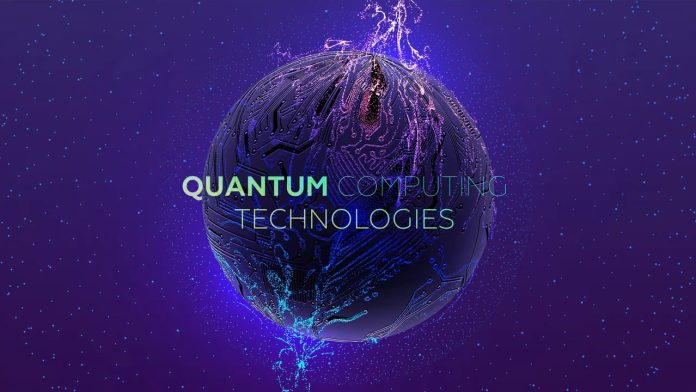Quantum computing, a revolutionary field in the world of technology, promises to tackle complex problems at speeds previously deemed impossible by classical computers. While this groundbreaking technology is still in its infancy, open-source quantum computing solutions are democratizing access to quantum resources, enabling researchers, developers, and enthusiasts to explore this fascinating domain. In this article, we will dive into the world of free open source quantum computing solutions, their significance, key platforms, and the potential they hold for the future.
Understanding Quantum Computing
To appreciate the importance of open-source quantum computing solutions, it’s crucial to understand the fundamentals of quantum computing. Unlike classical computers, which rely on bits (0s and 1s) as the basic units of information, quantum computers employ qubits. These qubits can exist in multiple states simultaneously, thanks to quantum phenomena like superposition and entanglement. As a result, quantum computers have the potential to solve complex problems exponentially faster than classical computers.
The Challenge of Quantum Hardware
Building and maintaining quantum hardware is a complex and costly endeavor. Quantum bits are incredibly delicate and susceptible to environmental factors, necessitating specialized conditions for operation, often involving temperatures close to absolute zero. This makes quantum hardware inaccessible to most individuals and organizations. However, this is where open-source quantum computing solutions come into play.
The Rise of Open Source Quantum Computing Solutions
Open-source quantum computing solutions aim to democratize access to quantum computing resources and knowledge. These initiatives provide free and open access to quantum hardware, quantum software libraries, and educational resources. Here are some notable projects and platforms leading the way:
- Qiskit (IBM): Qiskit is an open-source quantum computing platform developed by IBM. It provides a user-friendly environment for writing, simulating, and executing quantum programs. IBM has also made real quantum devices available to the public through the IBM Quantum Experience.
- Forest (Rigetti Computing): Rigetti Computing, a quantum startup, offers an open-source quantum programming framework called Forest. It allows developers to write quantum programs in the QUIL programming language and access quantum hardware.
- Cirq (Google): Cirq is an open-source quantum computing framework developed by Google. It is designed for creating and running quantum circuits and is particularly well-suited for noisy intermediate-scale quantum (NISQ) devices.
- ProjectQ: ProjectQ is an open-source quantum software framework that aims to make quantum programming accessible to a broader audience. It supports a range of quantum backends, including simulators and actual quantum devices.
Significance of Open Source Quantum Computing Solutions
- Accessibility: Open source quantum computing solutions break down barriers by making quantum technology accessible to researchers, developers, and organizations that may lack the resources to invest in proprietary quantum hardware or software.
- Collaboration and Innovation: These platforms foster collaboration and innovation within the quantum computing community. Developers from around the world can contribute to the development of quantum algorithms, error correction techniques, and quantum applications.
- Education: Open source initiatives offer educational resources and tutorials, allowing individuals to learn about quantum computing and experiment with quantum algorithms. This accessibility helps nurture the next generation of quantum researchers and developers.
- Experimentation: Quantum computing is still in its experimental phase, and open source projects provide a sandbox for experimentation. Researchers can explore quantum algorithms and test them on available quantum hardware, contributing to the maturation of quantum technology.
Challenges and the Road Ahead
While open-source quantum computing solutions have made significant strides, challenges remain:
- Quantum Hardware Development: Quantum hardware is evolving, and access to high-quality quantum processors is limited. Open-source platforms must keep pace with hardware advancements.
- Quantum Talent: There is a shortage of quantum experts and skilled developers who can contribute effectively to open-source quantum projects. Initiatives for education and training are essential.
- Algorithm Development: Quantum computing platforms need to continue supporting the development of quantum algorithms and applications across various domains.
- Security: As quantum computing becomes more powerful, the need for post-quantum cryptography and quantum-resistant encryption methods grows.
The Future of Quantum Computing
In conclusion, free, open-source quantum computing solutions are pivotal in democratizing access to quantum technology, fostering collaboration, and accelerating innovation in the quantum computing domain. These initiatives hold the potential to unlock the full capabilities of quantum computing and reshape industries, marking a profound shift in the world of technology and science. As quantum hardware matures and quantum programming becomes more mainstream, open-source quantum computing solutions will continue to drive progress, bringing us closer to realizing the full potential of this revolutionary technology. The journey into the quantum realm is just beginning, and the open source community is leading the way.



